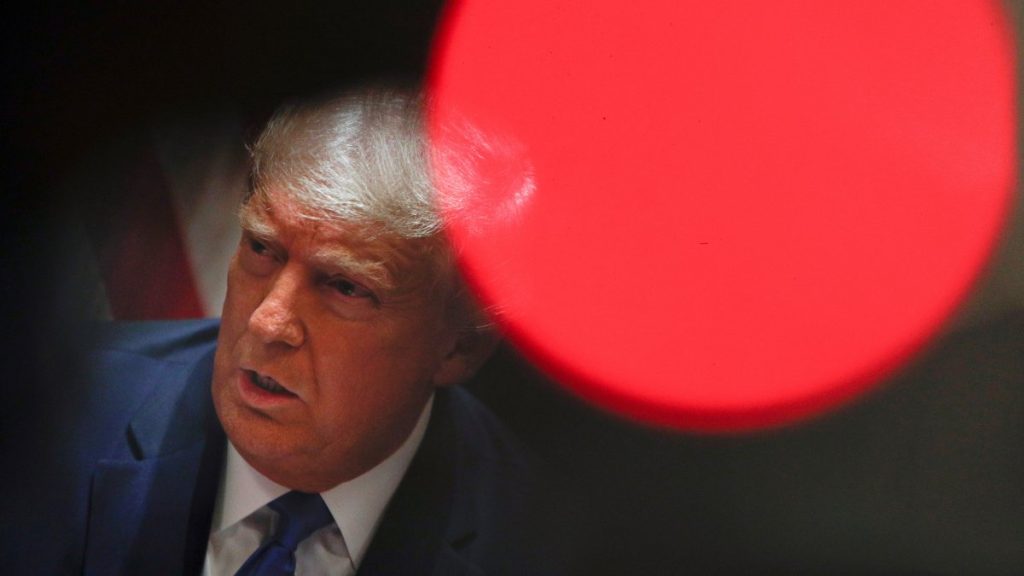At a news conference at his Mar-a-Lago estate in Florida, Donald Trump, the elected president of the United States, who recalled avoiding wars during his previous term, responded to questions about whether he would withdraw American troops from Syria by saying: “I won’t tell you that because it’s part of a military strategy. But I can say this is related to Turkey.”
Reiterating that Türkiye is a significant actor regarding matters in Syria, Trump stated: “President Erdoğan is my friend and I respect him. I believe he respects me too.” When asked about recent developments in Syria, he commented: “If you look at what’s happening in Syria, Russia and Iran have weakened. Erdoğan is a very smart man; he sent his men there under different forms and names. They went and took control.” Trump noted that he had previously defeated Daesh in Syria, did not engage in new conflicts and ended some existing ones.
Trump recounted asking a general about the potential situation if American troops were caught in crossfire in Syria, saying: “The general looked at me and said, ‘It wouldn’t be good, sir.’ So, I pulled them out. You know what happened? Nothing. They criticized me. Actually, I saved 5,000 lives.”
Trump is a politician who doesn’t view the world and politics through conventional lenses. He has no fixations. Therefore, he seriously questions the relationship with the PKK/YPG, which Democratic administrations have established as a state policy in the U.S.
He must also see that the image of the PKK terrorist organization and its Syrian wing YPG painted by Europe-based lobbies is false. The approaches romanticizing the PKK, a terrorist organization, as “the representative of the Kurds” are part of the woke culture in the U.S.
In 2019, the president, who stated, “PKK is worse than ISIS in terms of terrorism and in many ways more dangerous than ISIS,” might or might not withdraw troops from Syria. However, it is certain that during his term, the U.S.’ relationship with the PKK will not be the same as before.
Because Trump’s presidency is not beholden to the established order that owes its existence to America’s costly presence in Syria and other regions, like the Democrats. Moreover, he knows well that if he doesn’t fundamentally change the paradigm of this entity that has gone so far as to threaten his life, his presidency will be ineffective and temporary.
Continuing support for the PKK would only serve those who interfere in U.S. elections, like those who gave George Soros the “Presidential Medal of Freedom” on their way out.
Moreover, the situation in Syria has created a less risky scenario for U.S. regional interests. Why would Trump associate the U.S. with gangs indistinguishable from Daesh when he could work with a legitimate government in Syria and a rational, reliable figure like President Erdoğan?
Meanwhile, Trump’s frequent references to President Erdoğan are not in vain. The two share many similarities. Both leaders were elected not just against their political opponents but also against non-political mechanisms. Both came to power despite the media. With few points of conflict between their interests, Trump and Erdoğan can independently make decisions for the best of their countries. The Israeli issue is one of these points but not Syria.


